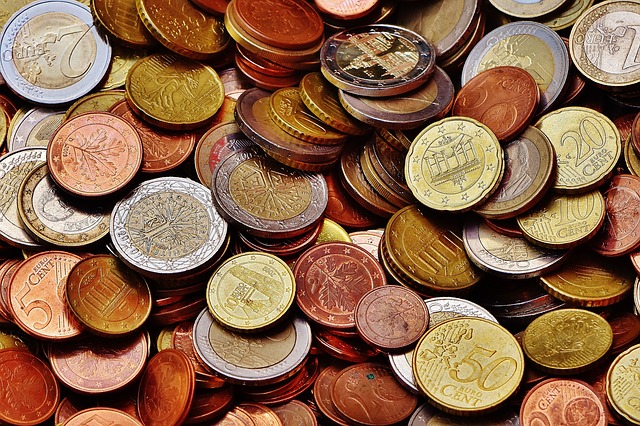How To Sell Coins Without Getting Ripped Off
Like any other business, the gold and silver coin market has its share of rip-offs. You can avoid these bad deals when you sell your coins by following the guidelines below.
Understand the Difference Between Bullion and Collectibles
The most common mistake when someone sells their coins is confusing collectible coins and bullion coins.
Bullion coins are modern coins that are valued based on the metal they are made of (gold, silver, platinum, etc.). By contrast, collectible coins are valued based on their rarity, condition, and other factors that are important to collectors. Collectibles can be old or modern, and they may also be made of precious metal.
If you mix up these two kinds of coins, you can easily end up selling them for the wrong price. Bullion coins are easy to appraise because their value is based solely on the fine metal content.
The market is quite different for these two types of coins. Collectible coins tend to sell for higher prices, but their prices are less predictable and more volatile over time. This is because collectible value is subjective at the end of the day. Demand for a particular collectible can fluctuate due to buyers' tastes.
Check the Current Spot Price
For a bullion coin, any reputable buyer is going to base their offer on the spot price of the precious metal. If you're familiar with the current spot price, you will know if you're getting a good deal or not.
You should expect to get about 90% of spot when you sell gold. Some dealers may offer even more, such as 98% of spot. This means you will be paid slightly less than your bullion is worth, but unfortunately that's the nature of the precious metals industry.
Keep in mind that the spot price fluctuates every day. Your sale price will be locked in once you agree to it.
Know the Weight and Purity of Your Metals
Most coins today will be marked with their purity—for example, ".999 fine silver." This simply expresses that the piece is 99.9% pure silver.
With a purity that high, you don't really have to do any math to reckon a coin's weight. Again, modern coins will normally be engraved with their weight, but this is not always the case. You can use a digital scale to verify the weight of a coin. Then you simply multiply the weight by the spot price we mentioned earlier.
Remember that precious metals are measured in troy ounces. These are different than the standard ounce we use for cooking and other purposes. Each troy ounce is equal to 31.1 grams.
Choose a Reputable Buyer
This is easily the most important way to avoid getting ripped off. It sounds simple, and it is. Professional bullion dealers and your local coin shops are the best options for selling your coins.

Being a well-informed and cautious seller will help you avoid bad deals, and so will trusting the right buyer.
Professional dealers have a business and a reputation to protect. They can actually be held accountable if they fleece their customers. In short, don't trust a buyer with questionable credentials.
Recognize Pressure Tactics
The use of high-pressure tactics from a potential buyer is an immediate red flag. Here are some examples to look out for:
Get Multiple Quotes
Just like shopping around to find the best price as a buyer, you should do the same as a seller. You don't have to accept the first buy offer you find. Especially if your coins are well-known products such as Silver Eagles or silver dollars, you will find an ample number of interested buyers.
Receiving multiple offers may also give you leverage when making a deal. Just a word of advice: your local coin shop owner probably won't take kindly to haggling! Nor should you. Ruining a sale over a small dollar amount is not recommended.
Avoid "Too Good to Be True" Offers
Simply put: if a buy offer seems too good to be true, it probably is!
This scenario is more likely in a peer-to-peer sale than with a coin dealer. (Another reason to stick with the professionals!) If you find yourself in disbelief about how great the buy offer sounds—such as way above market price, or full of add-ons or trade offers—then there's a good chance it's a scam.
Sell Your Silver and Gold Coins to Gainesville Coins
If you're ready to trust one of the leading names in precious metals, follow the link to sell your coins to us! We make the process easy and safe, whether it's your first time selling or you're an experienced coin collector or stacker.

Everett Millman
Everett has been the head content writer and market analyst at Gainesville Coins since 2013. He has a background in History and is deeply interested in how gold and silver have historically fit into the financial system.
In addition to blogging, Everett's work has been featured in Reuters, CNN Business, Bloomberg Radio, TD Ameritrade Network, CoinWeek, and has been referenced by the Washington Post.
